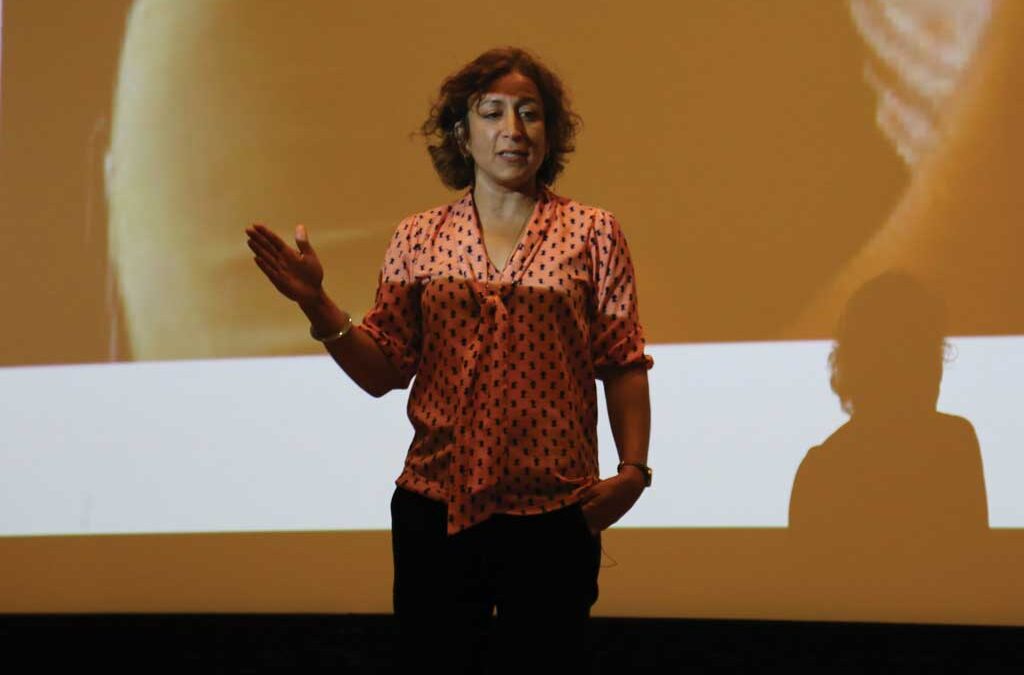About two weeks ago, Hanna Rosin “graced” the stage of Slayter Auditorium as the first speaker of this year’s Laura C. Harris Symposium, an endowed program aimed at “promoting the education of young women” according to the Denison website.
I was attracted by the lecture’s provocative title, “The End of Men,” and, as someone who probably stands to the right of Rosin on these issues, looked forward to grappling with her ideas. What I got was an unchallenging barrage of platitudes. I would have learned more about feminism reading “Total Frat Move” on Twitter for an hour.
When I heard “The End of Men,” I immediately imagined an appeal for the imminent downfall of Eurocentric industrial-capitalist patriarchy. I thought I might get what I pay $50K a year for. But no.
In contrast, Rosin’s lecture hardly touched issues deeper than rote microeconomics.
Basically, her “thesis” (in the loosest sense of the term) consisted of reporting on greater income equality among American upper-middle class women when compared to their male counterparts, and on how the “seesaw marriages” that result are more equal and happier than those of the past.
She claimed that there is nothing wrong with domestic husbands or a wife earning more than her husband. Then she bid us good night.
There were a few places in the lecture where she might have done some interesting gender theory analysis—the part, for example, where she briefly touched on gender performativity and how it plays out in the workplace; or, where she made the aside that seesaw marriages are tearing apart poorer, Southern, more traditional American communities (read: the ones Rosin isn’t from).
Butlerian feminism, anyone? Hell, does Marx strike a bell?
Not for our esteemed speaker. She skimmed these questions in half-sentences and moved on.
Now why is this? Perhaps it’s because, unlike most guest lecturers in academics, Rosin does not hold a doctorate and has worked almost her entire life as a journalist. Her lack of reference to any philosophy or engagement with actual ideas in her lecture indicate her lack of familiarity with the intellectual world of the academy.
But perhaps this isn’t fair. Perhaps she prefers eye-catching headlines and sensationalism that serve to hypnotize the masses. One could imagine The End of Men selling well at an airport newsstand. But wait!
In print, “End of Men” has told only a little over 7,000 copies, though this by far outdoes her other masterpiece, “God’s Harvard,” with a run of fewer than 5,000.
In the end, the Laura C. Harris Symposium ought to be a cornerstone of broadening worldviews at a college that is significantly white-, male-, and wealth-dominated. If a person who more or less satisfies those categories finds their opinions unchallenged by a speaker brought in to present a feminist viewpoint, we need to do better. Judith Butler, please.
Or anyone with a Ph.D.

